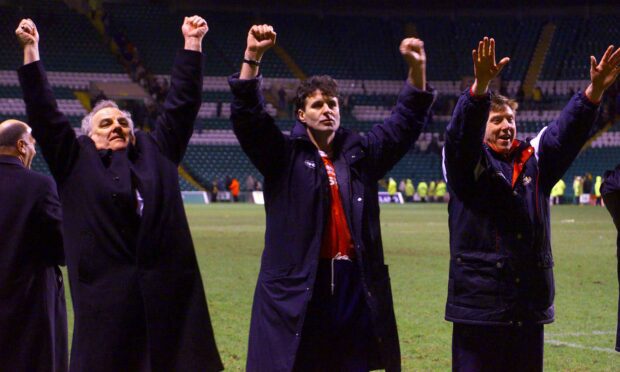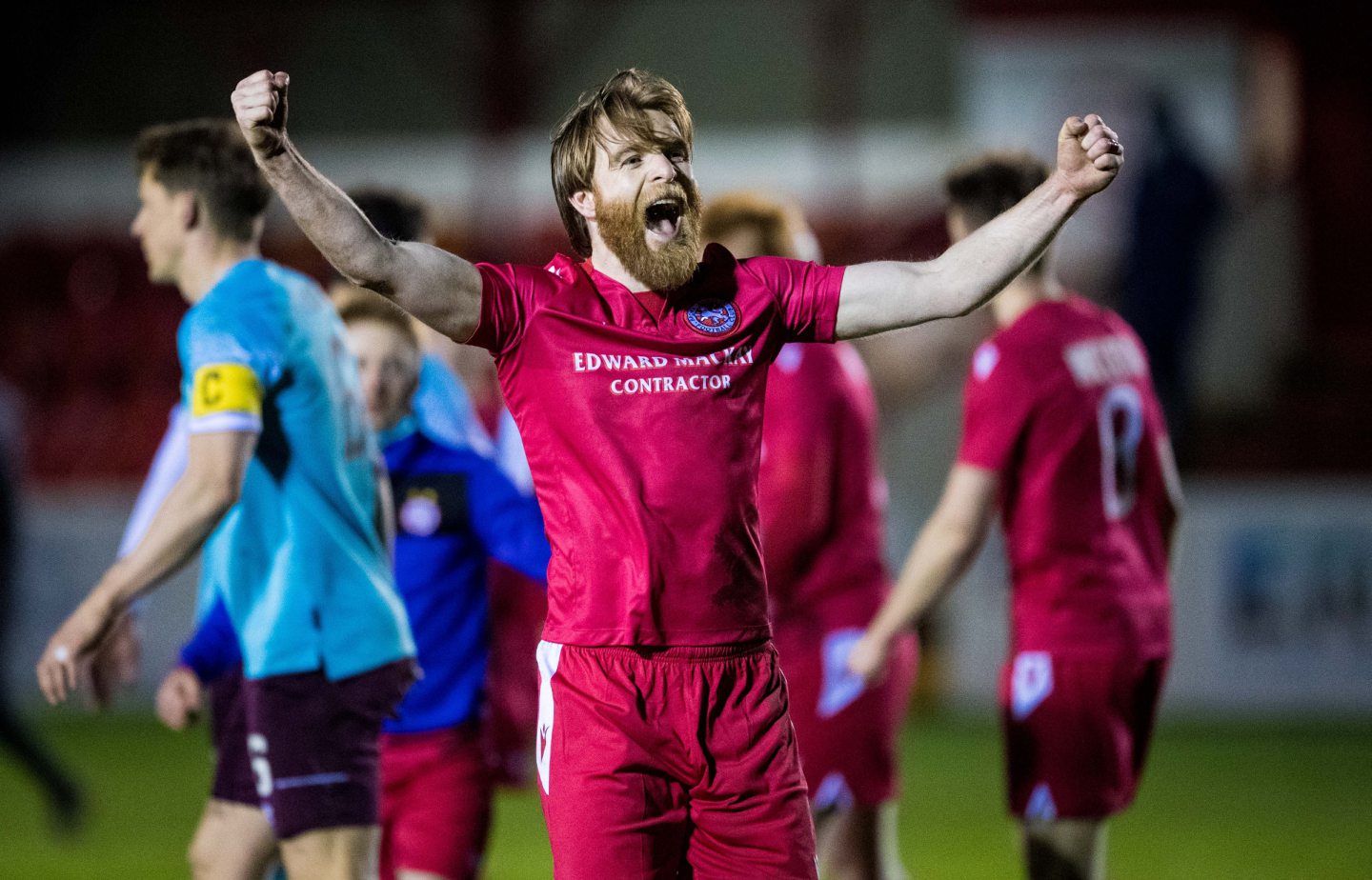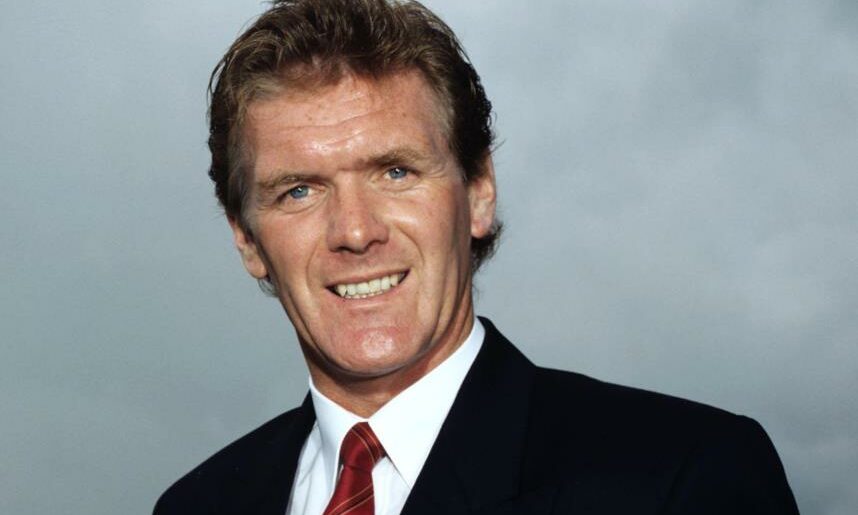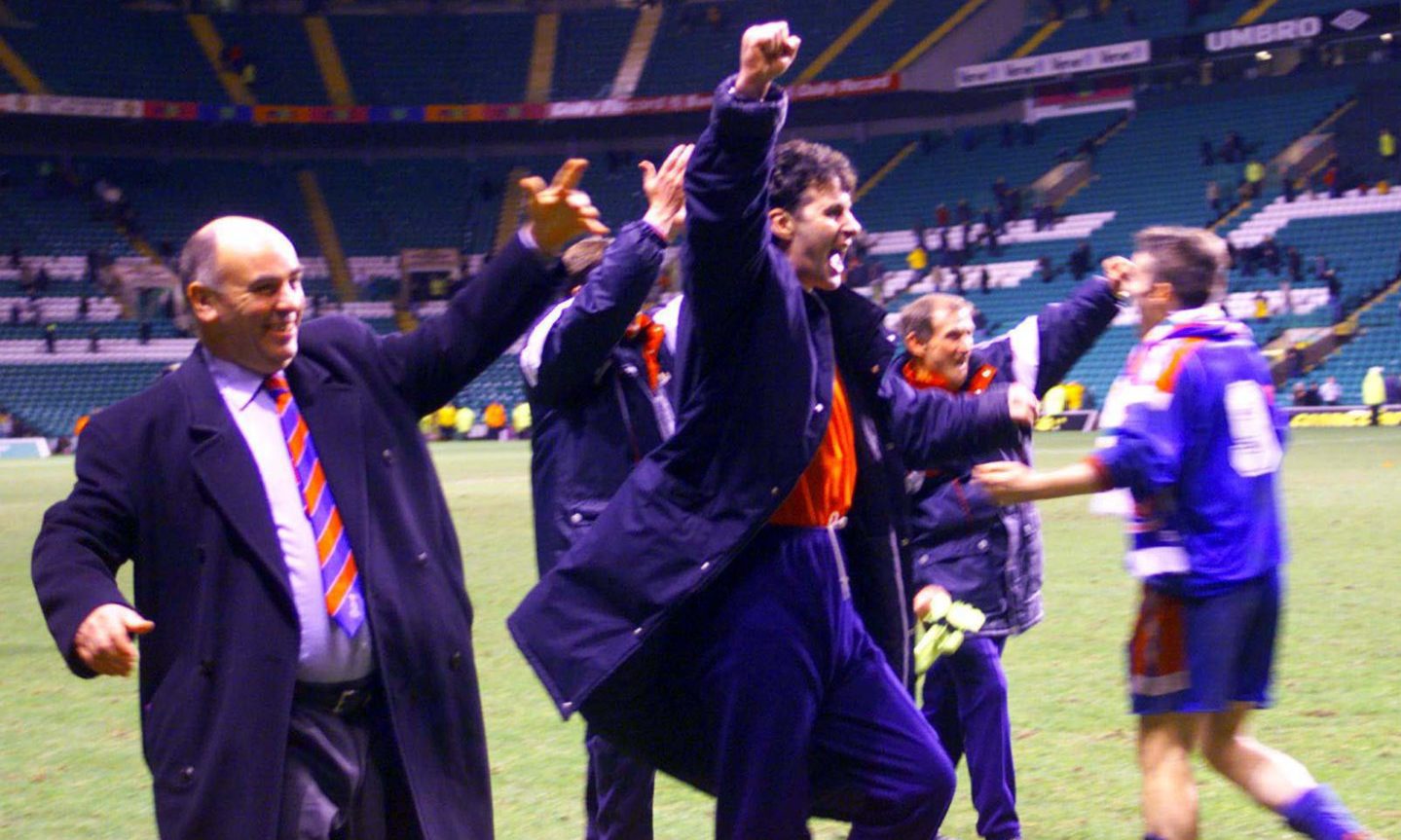Most people couldn’t pinpoint Darvel on a map of Scotland. It’s a village with a population of around 4,000 people and some historians assert that its name derives from an old English word “derne” which means “hidden”.
In short, it’s the sort of place with a blink-and-you’ve-missed-it feel on a road journey: exactly the kind of sporting location with the capacity to serve up shocks to the system for those who enter it with any trace or complacency.
Aberdeen will, hopefully, not make that mistake later this month when they travel to Ayrshire to meet Darvel FC in the Scottish Cup.
After all, the hosts are currently at the summit of the West of Scotland Premier League, at least five points clear of well-known names such as Pollok, Cumnock, Auchinleck and Glenafton.
Darvel have nothing to lose
They may be minnows, but have nothing to lose when the Dons come calling on January 23. And there are of plenty of warnings in the chronicles about what can happen when a little-regarded team turns the form book on its head and sparks mayhem.
Highland League club Brora Rangers’ 2-1 victory against Hearts in the second round of the Scottish Cup two years ago was the stuff of dreams for the north club.
The losing manager Robbie Neilson described the defeat as “an embarrassment”, but that didn’t do justice to the lung-bursting efforts of the Highland side, who had been prevented from playing football for most of 2021 because of Covid restrictions and lockdown, a state of affairs which made the proceedings doubly remarkable.
As then-Brora boss Steven Mackay said: “In a normal season, this would be an astronomical result, but you throw in the circumstances that surrounded this game -we’ve had just five training sessions and one friendly. We had no right whatsoever to win this game.”
Nobody saw it coming
Down the years, the Scottish Cup has orchestrated stories with more twists than an Alfred Hitchcock movie. And there have been similar horrific tales from the crypt for other leading sides, including the Dons, who lost 2-0 to Stenhousemuir in 1995.
Nobody saw it coming, not even the home team who were 200-1 outsiders for the Cup and were pitted against an Aberdeen line-up who may have been battling relegation, but were expected to dominate matters at a boggy Ochilview.
Former Celtic star Roy Aitken had just stepped into the manager’s role at Pittodrie, and launched his reign with a home triumph against Rangers, but, if he was hoping for a honeymoon period, this sorry debacle soon dashed that idea.
Dairy farmer Tommy Steele – yes, there were plenty of references to the musical impresario at the time – pushed his side in front, then as the crowd roared their enthusiasm, repeated the dose from a corner and there was no way back for the north-east club which, just a decade earlier, had secured a string of major trophies.
‘Aberdeen’s worst result in the club’s history’
It was a sickening blow for Aberdeen and their pain wasn’t over when the final whistle reverberated. Instead, as striker Duncan Shearer recalled, he and his colleagues were given the message they least wanted to hear from their new gaffer.
He said: “Roy Aitken popped his head around the door and barked: ‘Congratulations on being part of Aberdeen’s worst result in the club’s history'”.
However, Aitken’s old club themselves faced ignominy in the national competition.
It’s not just one of the most noted headlines in football history – “Super Caley Go Ballistic, Celtic are Atrocious” – but also a sobering reminder of how swiftly the rug can be pulled from under your feet as a manager.
Liverpool great John Barnes arrived at Parkhead with plaudits ringing in his ears in 1999. However, it was the sound of boos which led to him exiting the club eight months later after the Invernessians gained a deserved 3-1 victory.
It took just 16 minutes for Barry Wilson to put the visitors ahead with a well-taken header from a cross delivered by Paul Sheerin.
Paterson insisted it was no fluke
The hosts’ Mark Burchill equalised a minute later to briefly restore equilibrium, but Lubomir Moravcik gifted Caley the lead by deflecting Bobby Mann’s header past his own keeper. And the ubiquitous Sheerin subsequently put the tie beyond any doubt 10 minutes into the second half by calmly slotting a penalty.
After the contest, Caley boss Steve Paterson said: “This was no fluke. The players were magnificent out there and deserved to win. I think this is the moment you can safely say that Inverness have arrived in Scottish football.”
Further back in the chronicles, some might argue Fraserburgh’s 1-0 success over Dundee in 1959 was an even more extraordinary outcome than that achieved by Brora, given the quality of the Dens Park collective in the 1950s.
They eventually finished the season in fourth place in the First Division, and were just three years away from winning the Scottish championship and challenging in Europe.
But, pitted against the Broch, they were victims of arguably the greatest Scottish Cup shock to that point.
The home side scored just a minute before the interval and hung on resolutely for the most famous victory of their lives, despite a late onslaught.
Fraserburgh were dependent on part-time players and included a plumber, a baker and a shoemaker in their ranks. Their scorer, Johnny Strachan, was a gas board clerk.
But it was Dundee’s gas which was at a peep by the finish. And Aberdeen must ensure they avoid a similar fate during their time in Darvel.




Conversation